Description
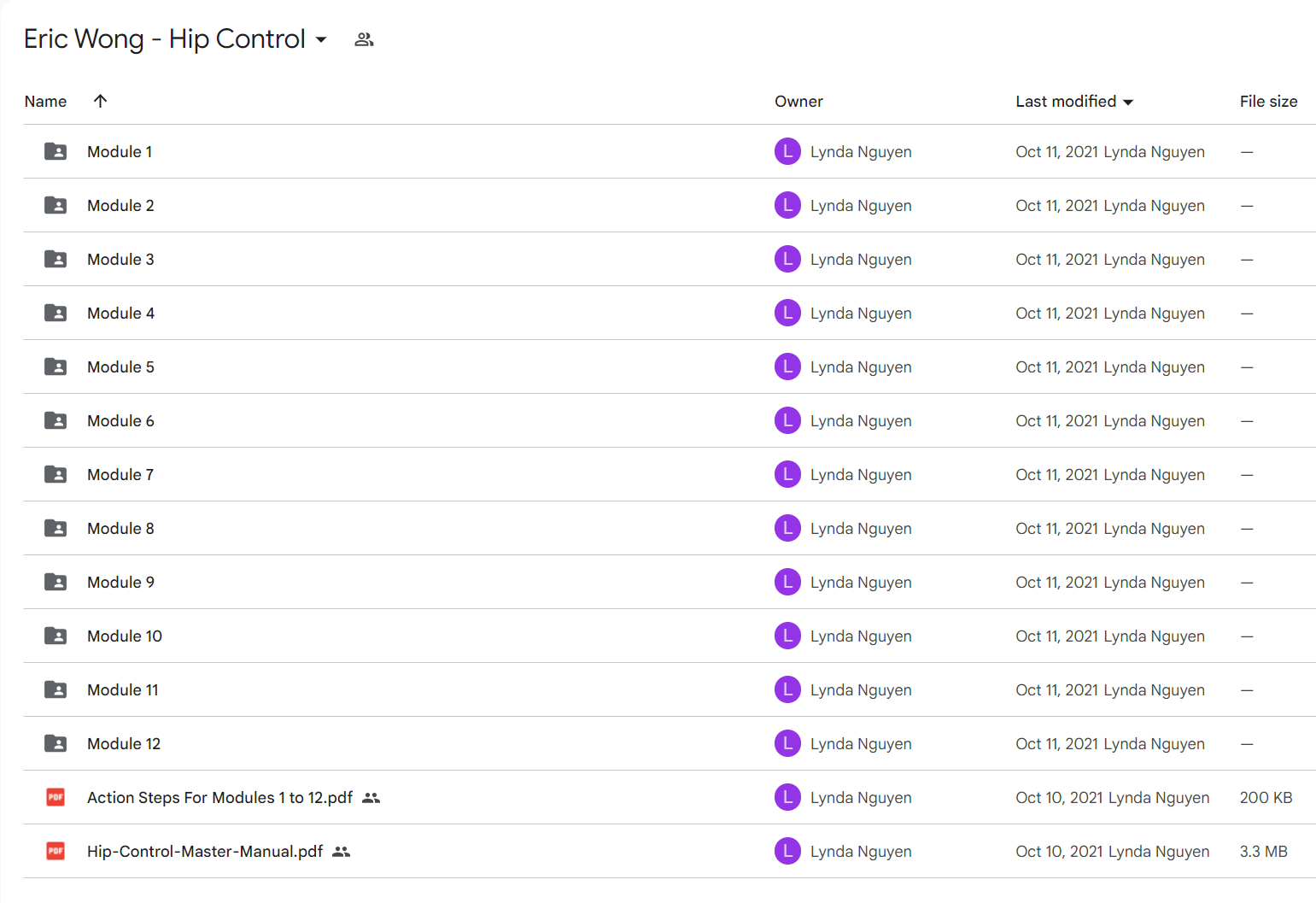
Eric Wong – Hip Control
Hey, Coach E here and what we’re about to discuss is going to FLY IN THE FACE of some of the most popular concepts in fitness and working out over the last few years…
That’s right – if you’ve been following this advice, you’ve been messing up your body.
You might’ve heard these concepts from some of the biggest websites, magazines and trainers and you might get pissed off when you hear what’s up.
And you’ve got every right to be!…
Here’s the EMBARRASSING part – I’ve been one of the trainers sharing the very same advice I’m about to admonish.
Yep, I guess my wife is right – I don’t know everything.
But I’m obsessed with the body and how to get it feeling and moving better, so I’m always studying and experimenting and I’d be doing you wrong if I didn’t come clean so you don’t suffer the consequences from following this common method.
No, I’m not talking about any of that stupid stuff you see on infomercials designed for the sole purpose of parting you from your hard-earned money…
What we will talk about is a concept that’s moved the fitness industry in the right direction and proved beneficial to both athletes and people working out to be fit and healthy alike…
The problem is dysfunction, pain and injuries are likely to occur over time – not immediately – because this method of training is BIOMECHANICALLY IMBALANCED.
How This Popular Fitness Concept That Creates Imbalances In Your Body Came To Be…
I learned about this method from my first mentor in the fitness industry named Paul Chek…
From 2005-2007, I invested around $10k in books, courses and intensives to learn as much as I could from him.
That was after around $40k for a 5 year honours degree in Kinesiology lol!
While common today, Paul was the first person I’d ever heard talk about creating resistance training programs based on something called the MOVEMENT PATTERNS, instead of bodybuilding style body part training (chest, bi’s, quads, abs, etc).
Paul’s system included 7 distinct movement patterns: squat, lunge, bend, push, pull, twist and gait.
I quickly implemented the system and found it to not only improve fitness and performance, but also EFFICIENCY, as it requires less time in the gym.
This was especially beneficial to the combat athletes I trained who were already in the gym 2-3 hours, 6 days a week.
Over the next few years, training based on “movements not muscles” became more and more popular with many other teachers promoting it including Gray Cook, creator of the Functional Movement Screen (FMS).
It was in 2008 when Men’s Health released a book called “The New Rules of Lifting” that the concept officially went mainstream.
Since then, the trend has only grown stronger with the growth of powerlifting, weightlifting and the explosion of CrossFit, which all focus on these same exercises and movement patterns.
Here’s The BIG Problem Focusing on Lower Body Compound Exercises Like Squats and Deadlifts and Always Being Told to “Squeeze Your Glutes!”
While each of these movements focuses on the muscles in your body in a different proportion, they’re all essentially the same in that they train the muscles that make you stand up against gravity.
It doesn’t matter whether you’re doing a front vs back squat, stationary vs walking lunge or stiff-leg vs trap bar deadlift – you’re essentially training the same joint movements: hip extension, knee extension and to lesser extent, hip abduction and external rotation.
These exercises also work virtually the same muscles: the gluteus maximus, quadriceps and to a lesser extent, the hamstrings and gluteus medius.
So by following this system (not to mention the popular cue telling you to “squeeze your glutes”) you’re training the same movements and muscles while neglecting their opposites, creating muscular imbalances that ultimately lead to dysfunction, pain and worst of all – INJURY.
WARNING: Continue to Neglect These 3 Critical Muscle Groups AT YOUR OWN RISK!
Imagine you read an article that taught how bigger wheels on your car was better for acceleration and fuel economy…
Of course you’d want to put bigger wheels on your ride!
But what do you think would happen if you put bigger wheels on the left side of your car only?
Yep, you’d run into alignment issues and your tires would wear out a lot quicker.
Well, the same thing happens to your body when you strengthen one group of muscles but don’t strengthen their opposite.
And like we just talked about, squats, lunges and deadlifts all strengthen the glutes, quads and hamstrings without equal development of their opposing muscle groups.
Another BIG problem with this is that your neuromuscular system detects this strength imbalance and responds by tightening up the muscles on the opposite side, limiting your range of motion [1].
While it sucks for your flexibility and mobility, you should know that this neuromuscular reflex actually prevents injury!
The reason why is because when you’ve got a great deal more strength in one muscle group compared to its opposite, any level of force above what the weaker group can generate creates instability.
Greater instability always increases risk of injury to joints.
Now don’t get me wrong – the movement pattern approach is still sound and one I recommend and use myself, especially for athletes and those looking to stay strong and fit without spending having to spend every day in the gym.
It’s just incomplete and can lead to movement restrictions, dysfunction, pain and injuries when it’s not rounded out with the appropriate exercises and techniques to balance your body.
Here’s a Short List of Just Some of the Problems That Result From Continuing to Neglect These 3 Muscle Groups:
Because the human body is an interconnected system where every movement requires a complex interplay of muscle activation and relaxation, dysfunction in one area often results in problems in a completely different area.
This is called compensation and your body is a master at it.
Then, it’s only a matter of time until nagging pains creep up on you then one day result in an injury keeping you from doing the things you love.
In fact, these are some of the most popular issues people run into:
-
LOW BACK PAIN and SCIATICA – lumbar stabilizer weakness and limited hip flexion and internal rotation are all proven to be strong factors contributing to chronic low back pain [2]
-
RESTRICTED HIP AND KNEE MOBILITY – hip extension, flexion, internal rotation and abduction are most limited as is knee extension
-
HIP PAIN – especially femoral acetabular impingement (FAI) and pain related to arthritis [3]
-
RECURRING MUSCLE PULLS – the quads, hamstrings and groin are particularly susceptible [4]
-
KNEE PAIN – the body compensates for stiff hips via the knees, getting them to do things they’re not designed for resulting in knee pain aka patellofemoral pain syndrome (PFPS) [5] [6]
-
ACL INJURIES – research shows limited hip mobility is a strong predictive factor for ACL injury risk [7] [8]
-
DUCK FEET – because the external hip rotators are stronger compared to the internal rotators, they turn the feet out, causing further complications like flat feet and medial knee pain
Now that you’ve got a greater understanding of how the body and its muscles work, you can train it to optimize all of its natural abilities instead of focusing on just a few and creating imbalances.
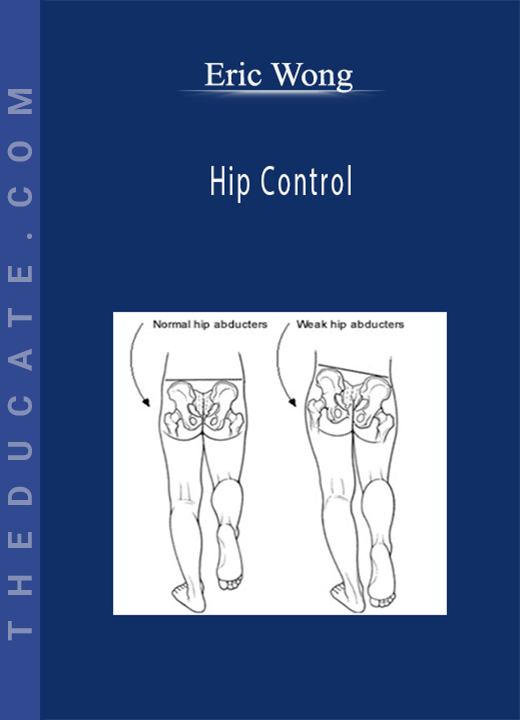


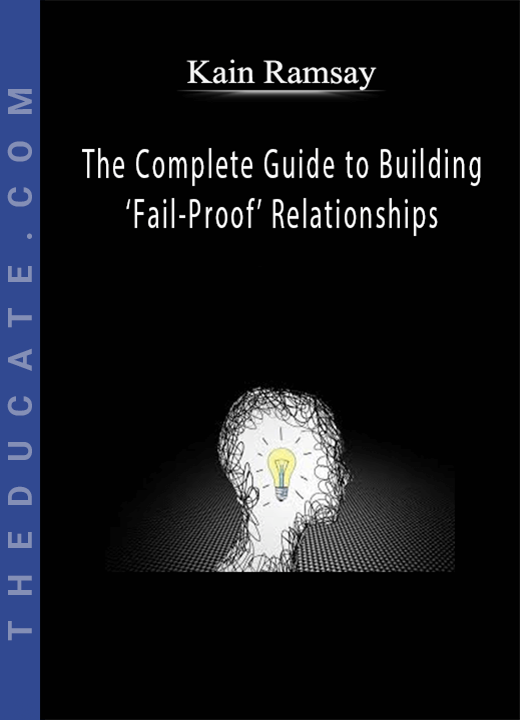
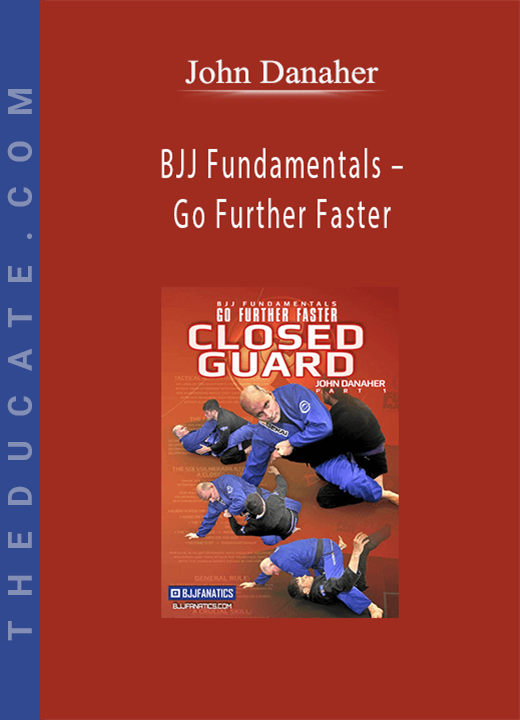
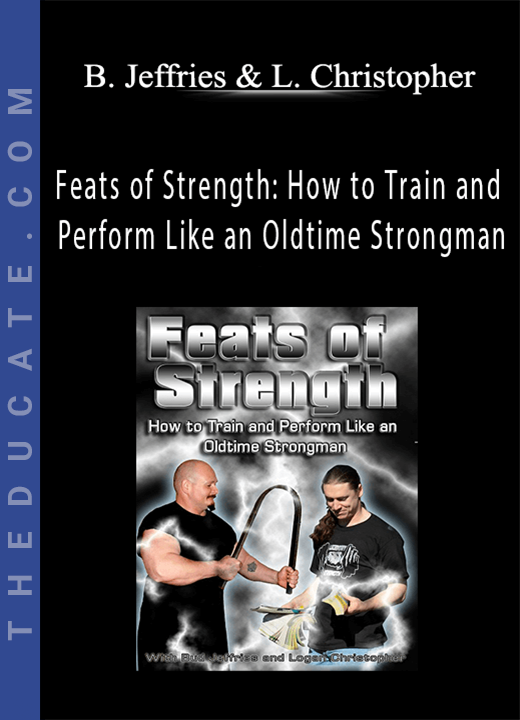
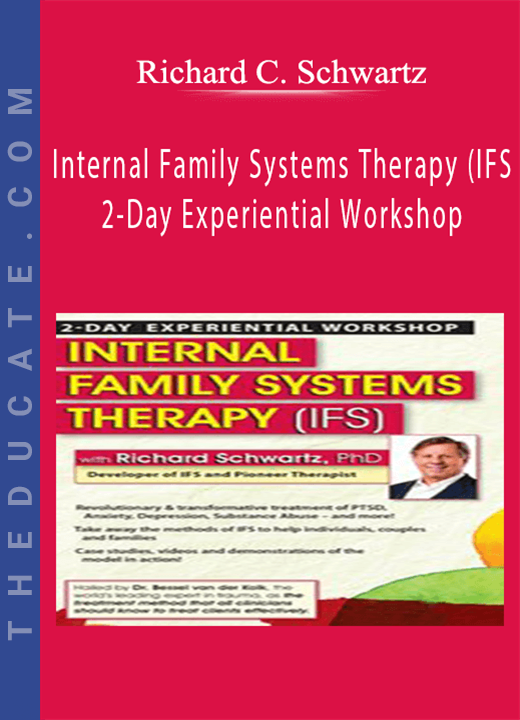
8 reviews for Eric Wong – Hip Control
There are no reviews yet.